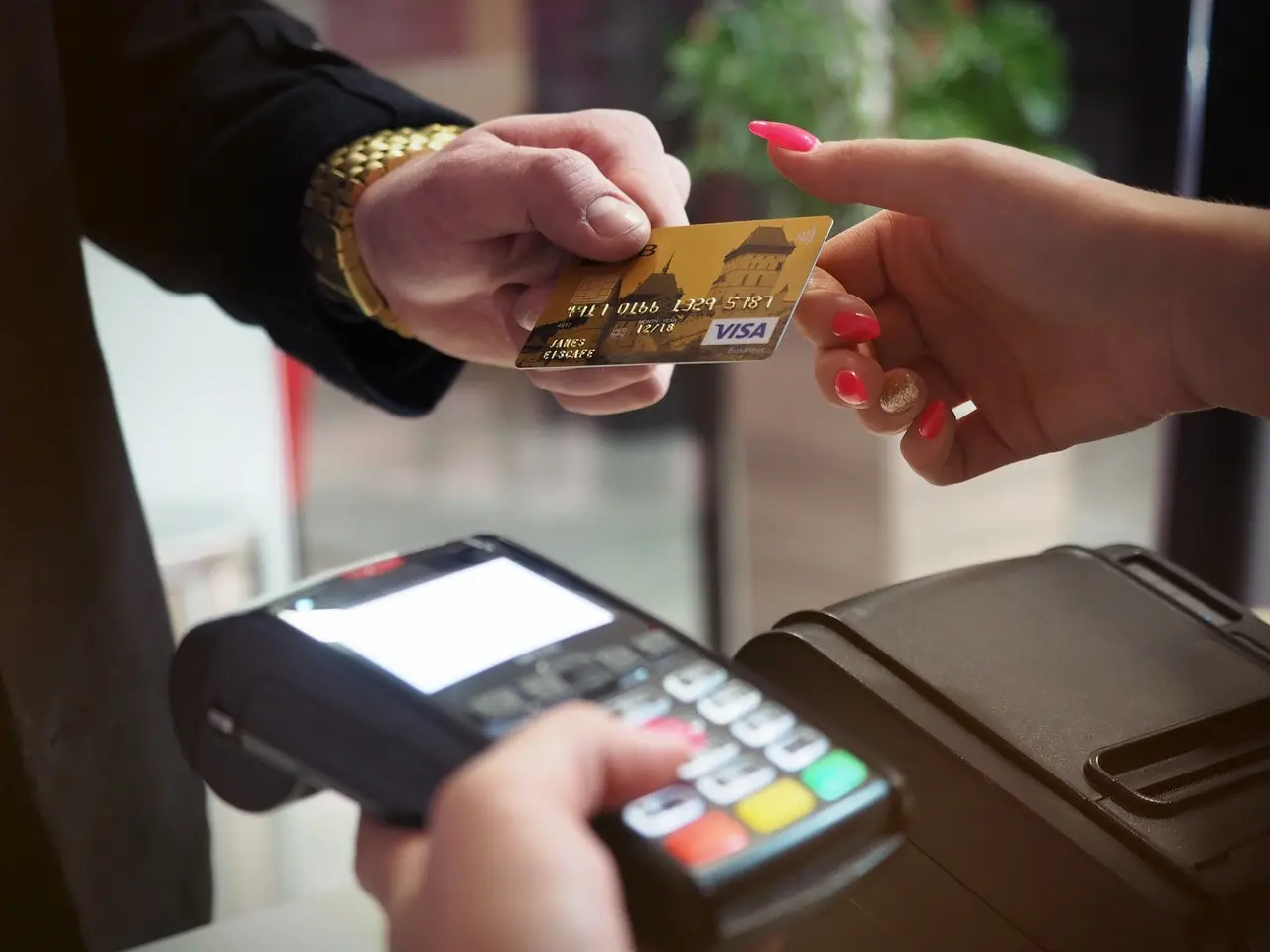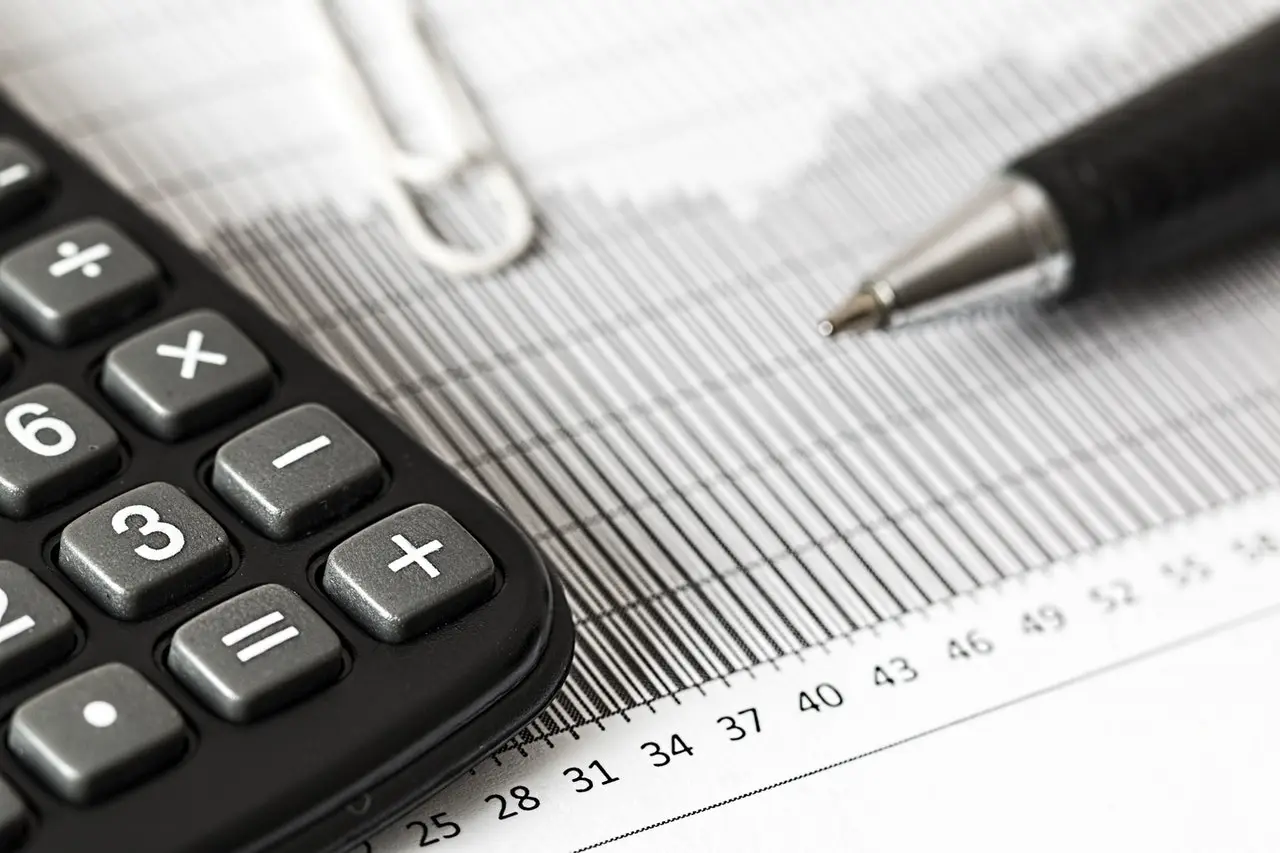Every starting business needs access to financial credit.
Business credit is essentially your company’s ticket for buying something today, and paying for it later.
Business credit is a true lifeline for your startup. It can allow your company to truly flourish from the start. Credit can allow your new company to gather the much needed capital that is necessary for your day to day operations. It can help your company to expand.
Necessary items, like your inventory and the payroll for your staff, can come from obtaining solid business credit. This credit can help you have the cash needed to cover your total business costs, now.
The gurus at Startup Wars will now answer your questions about loans and credit. They will explain the ins-n-outs of acquiring credit, and what things affect that ability.
Business Credit vs Personal Credit
Is business credit separate from personal credit?
Business credit and personal credit are separate, and they can also be connected. They can affect each other.
Business Credit

Business credit is a startup’s ability to buy now and pay later.
A business credit loan enables your company to borrow the necessary money up front that is needed to purchase your company’s products and services.
Business credit is much like any other line of credit or loan. It is an agreement that a borrowed payment will be paid back in full at a future time. Immediate access to the needed cash is given.
Why is Business Credit Important?
Business credit is very important. It can help a startup get off the ground, in particular. It allows your new company to borrow money for purchasing your startup’s needs, like: business products, needed supplies, and providing company salaries.
Do Business Loans Look at Personal Credit?
The answer to that question is yes, and no. There are some forms of business credit that do require personal financing information. Many do not.
Forms of Business Credit
Traditional Secured Business Line of Credit
In this form of credit, your company is required to put up your company’s assets (such as inventory and company property) as collateral against the loan. If your company should fail to pay back this type of loan, your assets can be seized.
This type of loan involves risk-everything is on the line, literally. You must make payments on time (try to be early). If you are wondering how much collateral is needed for a business loan, simply speak to your lender and they can help you establish a plan that you are comfortable with.
Traditional Unsecured Business Line of Credit
Also referred to as a revolving line of credit or LOC.
In this form of credit, your startup can borrow money in a less traditional or risky way. It is sometimes more difficult to acquire this financing option. It is wonderful though because it offers a revolving credit line for your company, which can be especially helpful.
An unsecured business line does not require your company to offer up collateral to secure the loan. This type of loan typically has much higher rates, shorter times to repay, and lower overall credit limits. It is less risky.
PPP Loan
A PPP loan is a special type of credit loan. It is securely backed by the Small Business Administration (the SBA). It was established as an incentive for small businesses to continue to pay their workers during the COVID-19 disruptions.
Your lender can speak to you about the minimum credit score needed for a PPP loan. If you were denied a PPP loan due to bad credit, try other options.
Real Estate Line of Credit
In this form of credit, an investor can tap into your company’s property as a form of equity to back your loan. It’s a simple loan concept, and it can provide your startup with relatively quick access to cash flow.
Business Credit Card
In this form of credit, a bank is providing a credit card for your loan. It is meant for use only by your business, not for your personal use.
If you are wondering how to get a business credit card with bad personal credit, have no fear. All sizes and types of business can acquire company cards, relatively easily. It is easy to apply through most traditional credit card companies. It is a smart way to help build a credit profile for your new business.
Personal Credit

Personal credit (or consumer credit) is similar to business credit, but at a personal level.
Personal credit is a personal debt. Similar to a business credit line, it is acquired to enable an individual to purchase goods and services up front, prior to payment.
One form of personal credit is a credit card. There are many forms of personal credit, however the phrase is usually used to refer to unsecured debt for everyday items and needs by an individual consumer.
If you are wondering, “How does a business loan affect my personal credit?”, or “How does an SBA loan show up on a personal credit report?”, speak to your lender. Remember that the way that your business structure is formed from the start will affect these things, too.
Forms of Personal Credit
Secured Personal Loans
In this form of loan, your assets are offered as collateral. Things like your home and your car can be used as a payment on your loan if you don’t pay your lender back on time. Incentives are quite frequently offered for paying back in a timely (or early) fashion. Again, if you pay on time the risk is low.
Unsecured Personal Loans
In this form of loan, your personal collateral is not required. A lender can approve your unsecured personal loans by using your creditworthiness. Some examples are student loans and basic credit cards. These carry less risk.
Fixed Rate Personal Loans
This is a type of personal credit line in which your interest rate stays the same for the entire life of your personal loan. There is comfort in knowing your fixed rate.
Adjustable Rate Personal Loans
This is a type of personal loan that has a variable interest rate. It is ever-changing. It can typically begin with a low interest rate to catch your interest, but that low rate can quickly change. Your interest rate will not stay the same, and your monthly payment will go up and down, too.
Does Personal Credit Affect Business Credit?
You are not alone if you have concerns about your personal credit affecting your small business credit.
The truth is, your personal credit can affect your ability to secure business financing.
As stated by Credit Karma,
“Many lenders review your personal credit before extending business credit,” says Caton Hanson, co-founder and chief legal officer of Nav, a company that helps business owners understand and monitor their business credit.”
creditkarma.com
However, business loans and personal loans are based on different factors of your information. So, you may be in luck regardless of your personal credit history.
A business line of credit is given by looking at your company’s own financial history and worth. This is tied into your business’s EIN number. (Your business EIN number is its own unique nine digit code – like its own SSN) Generally, a lender will not look at your personal credit history or spending, which is linked to your SSN.
Much has to do with the type of startup company you have. Is it formed as an LLC?
For example, an LLCs is considered a pass through entity. It is considered this because you directly report your earnings and losses on your personal taxes. So, your personal credit in this case is important. The same is not true for a sole proprietorship.
There are ways to build business credit, regardless of your personal situation.
How To Build Business Credit With Bad Personal Credit
Beyond a solid business plan, your company will need steady cash flow. Your credit history will deeply affect how your business will grow.
You’ll need to somehow show a lender that your company is worthy of a line of credit. There are ways to do this, even if you are starting from scratch, and even if your personal credit isn’t perfect.
Steps to Establish Business Credit
- Incorporate and begin to establish your business
- Set up you business EIN with the IRS
- Register for business reporting with Dun and Bradstreet , Equifax, and Experian
- Create trade lines with your vendors
- Get a business credit card
- Try to acquire a small capital business loan
- Regularly check your credit reports and fix any errors
- Pay on time
- Keep improving your personal credit
Tradelines are established by opening accounts with vendors that report to the three main business credit bureaus.
With proper reporting of bills paid on time and tradelines, you can establish nice credit for your startup company on its own two feet.
Final Thoughts
There are many reasons why your personal credit may not be stellar, but do not let that deter you from starting your own business startup. You can still find ways to establish financing for your company.
There are many options for financing. Thoroughly look into all types of lines of credit. Be sure to read the fine print to find the best fit for your financial plan for your business.
Building your business credit takes time. Pay your bills and lenders on time (and early!) to establish nice score reports. This will allow even further loan options to your company in the future.
Keep steadily moving forward, and keep your eyes on the prize!
Previous Chapter

How To Calculate Your Business Taxes
An LLC is a structure of business in which the owner (or owners) are protected from all responsibility for debt and liability.
Next Chapter

How To Distribute Equity To Investors
Equity can simply be described as ownership of a company or a part of a company. It is distributed by percentages of shares.



